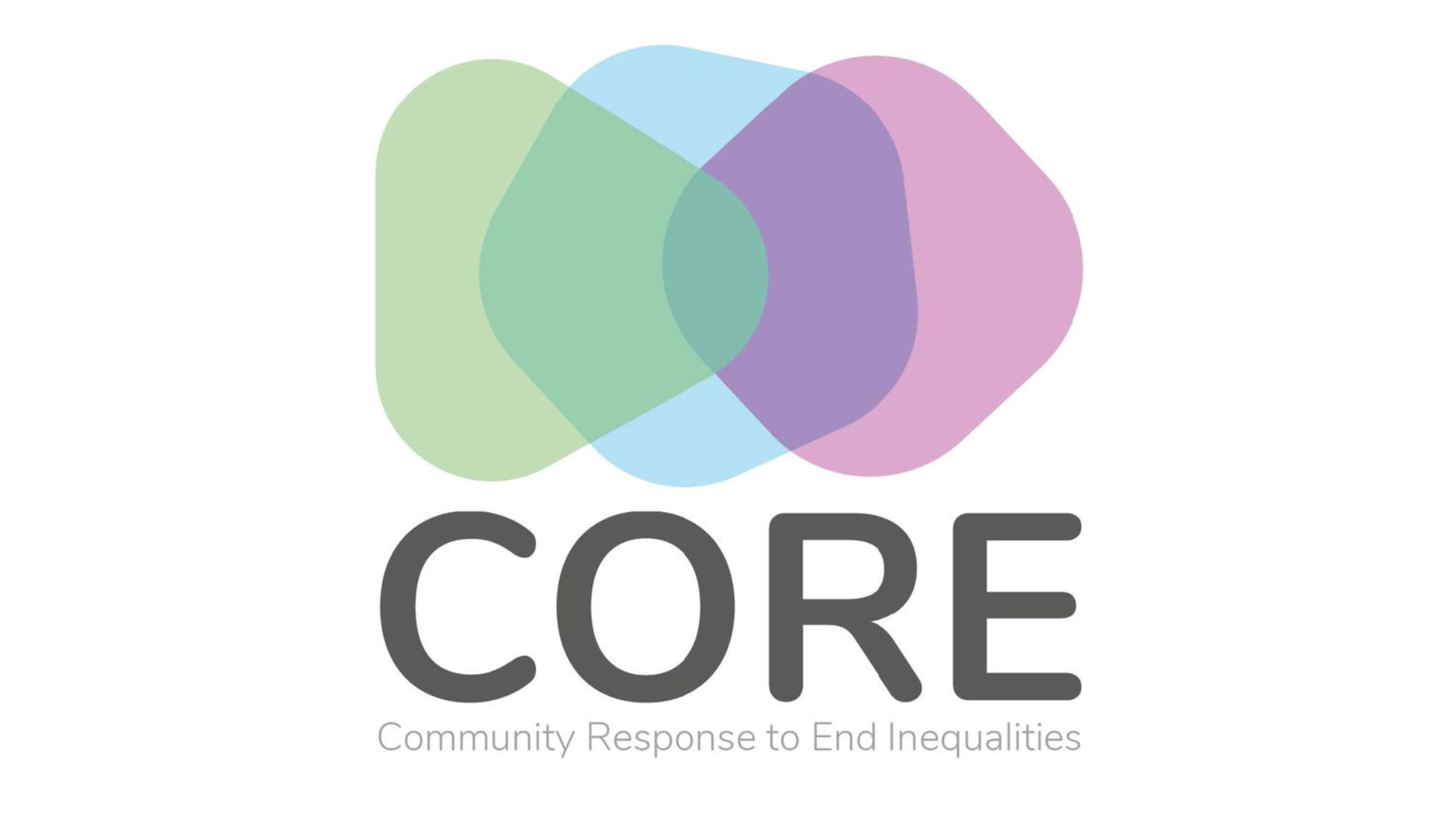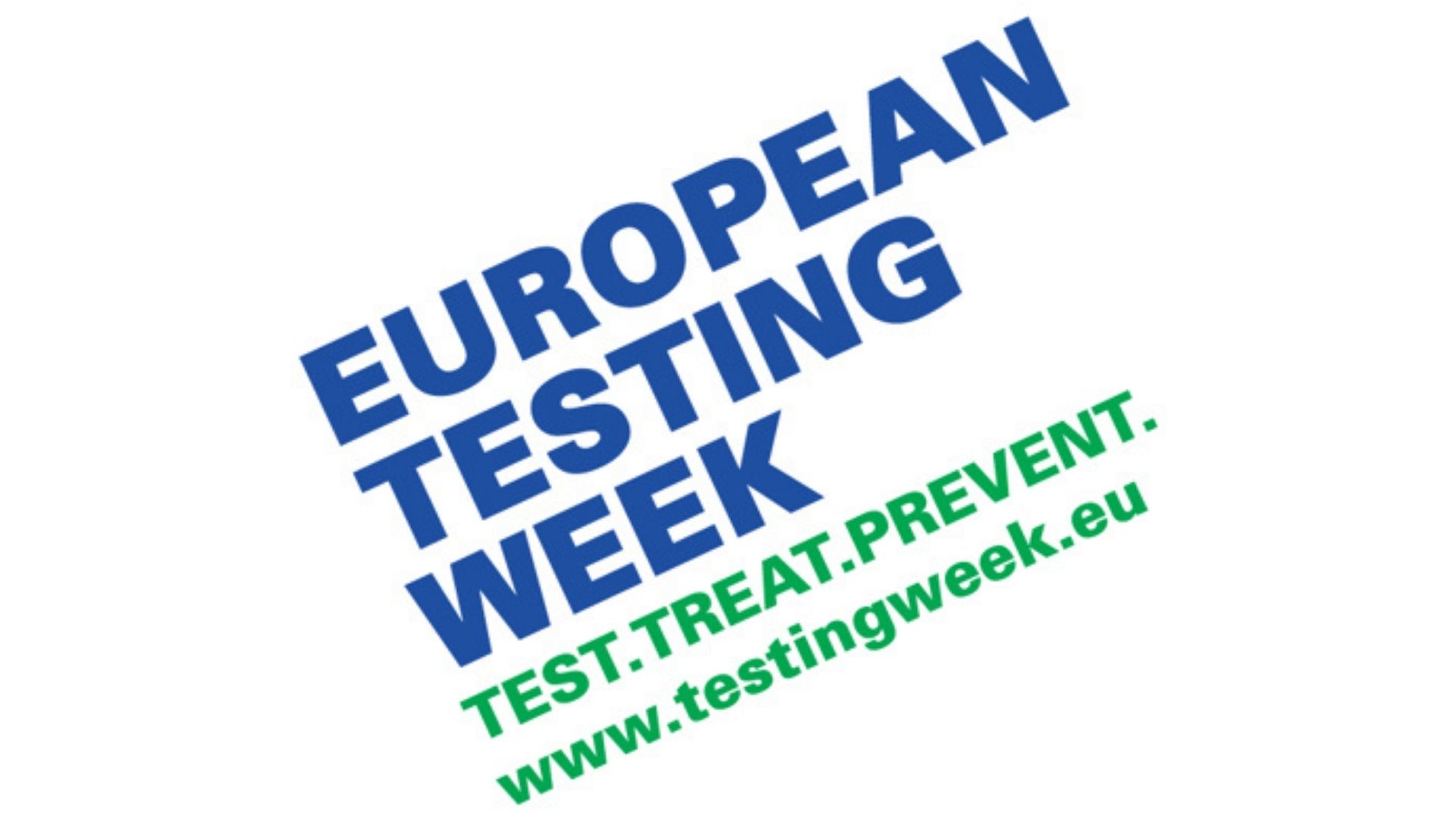


People who inject drugs (PWID) are disproportionately affected by hepatitis C virus (HCV) infections and are frequently homeless. To improve HCV case finding in these individuals, the authors examined the feasibility of rapid HCV RNA testing in homeless services in Amsterdam. In 2020, they provided a comprehensive service to homeless facilities, including workshops on HCV for personnel, a “hepatitis ambassador” at each facility, a rapid, onsite HCV RNA fingerstick test service, and assistance with linkage to care.
One of the authors’ points is that screening in homeless services with rapid testing is feasible and could improve HCV case finding for PWID who do not regularly attend primary care or other harm reduction services for people who use drugs.
The study was published at Diagnostics, an international, peer-reviewed, open-access journal on medical diagnosis published monthly online by MDPI.


Multiple authors


Multiple authors

Have you experienced stigma or discrimination around hepatitis B or C? Make your voice heard by taking part in the world’s first survey about it! The survey is a pilot and is currently open for people from Bulgaria, Croatia, Denmark, Germany, Romania and Spain. It can be filled in the following languages: Spanish Romanian German Bulgarian […]
Multiple authors

Multiple authors
“Viral hepatitis B and C are two deadly viruses whose burden is greater than HIV/AIDS and Tuberculosis combined. According to the WHO Global Strategy from 2016, which builds on the UN Sustainable Development Goals (SDGs), viral hepatitis B and C can be eliminated by 2030. An effective vaccine exists for hepatitis B, and affordable, easy-to-administer, […]
The HepHIV2023 conference, held in Madrid, Spain, from 13th to 15th November, convened a diverse array of stakeholders committed to advancing the fight against HIV, viral hepatitis and sexually transmitted infections (STIs). The event was organized by EuroTEST, and our Senior Policy Officer, Roberto Pérez Gayo, also participated in its organising committee. The conference spotlighted […]
Multiple authors
